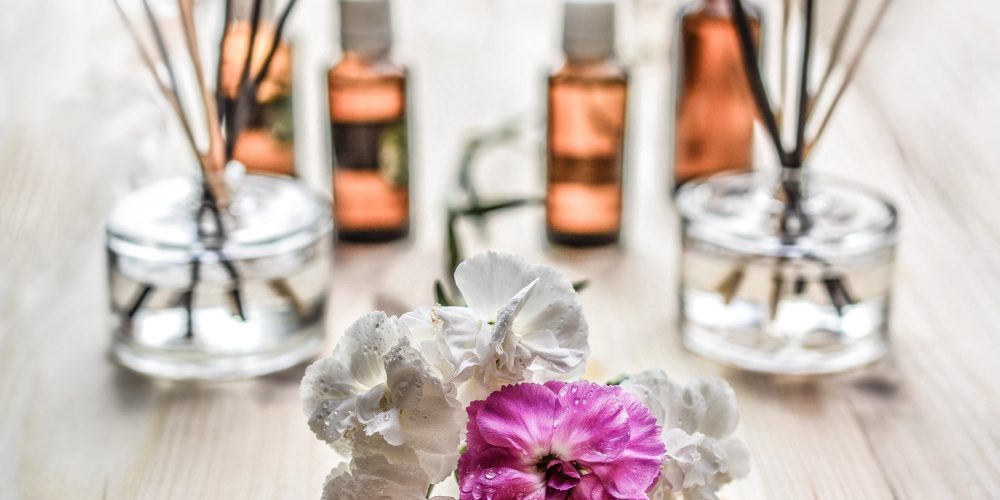Everyone likes to keep their home smelling fresh. At the very least, it assures us that when our guests come they have a pleasant aroma that welcomes them into the home. However, fragrances can be beneficial in other ways. Some are calming, while others stimulating and invigorating. They can help you set the tone you’re aiming for, whether it’s a relaxing bath or sitting down to get some work done in your office.
At one time, you didn’t have many options when it came to giving your home a pleasant fragrance. You could burn candles, which can be dangerous if you have children or pets running around. Or you could use a plug-in air freshener, which are expensive and smell artificial.Recently, however, a third option has been gaining popularity–essential oil diffusers.
Essential oils have a number of uses. They’re in the cologne and perfume we spray on our bodies, they’re in the room spray we use to freshen up our homes, and they’re an ingredient in a number of other cosmetic and therapeutic products. Many are said to have medicinal value, such as a decongestant or a sleep aid. Others are used simply because they smell great.
In this article, we’re going to talk you through using an essential oil diffuser in your home and what oils you might want to start with.
Methods of oil diffusion
There are a number of ways you can spread the aroma of essential oils in your home. One of the quickest and easiest ways is to put a drop or two of essential oils on a tissue and simply wave it around in the room. For a more far-reaching effect, you’ll need to find a longer lasting way of diffusing the oils. Many people choose steam. You can either purchase a steam oil diffuser or just put a few drops into boiling water.Another option is to use a heat source. You can buy tea light to heat the oils or, if you want to avoid open flames, buy an electric heat diffuser.
Each method has its advantages and disadvantages, and if you’re new to essential oils, it might be a good idea to start small by simply buying a starter pack of oils, smelling them to see which you like, and putting a couple drops in a boiling pot of water or dabbing them on a tissue.
A note of caution: essential oils are strong. Getting them on your hands or clothing, especially if undiluted, can mean your hands or clothes smelling like that oil for several days. You should also avoid putting them near your eyes or mouth as many essential oils can be dangerous.
Which oils to use
Oils have a range of scents–floral, citrus, earthy, spicy, minty, and so on. Knowing which oil you want for a given scenario is a matter of preference and trial and error. However, there are several blends or “recipes” that people prefer.
Common pairings include:
-
Orange and peppermint
-
Lavender and lemon
-
Bergamot and patchouli
-
Basil and sage
-
Cypress and cedarwood
-
Lemongrass and eucalyptus

